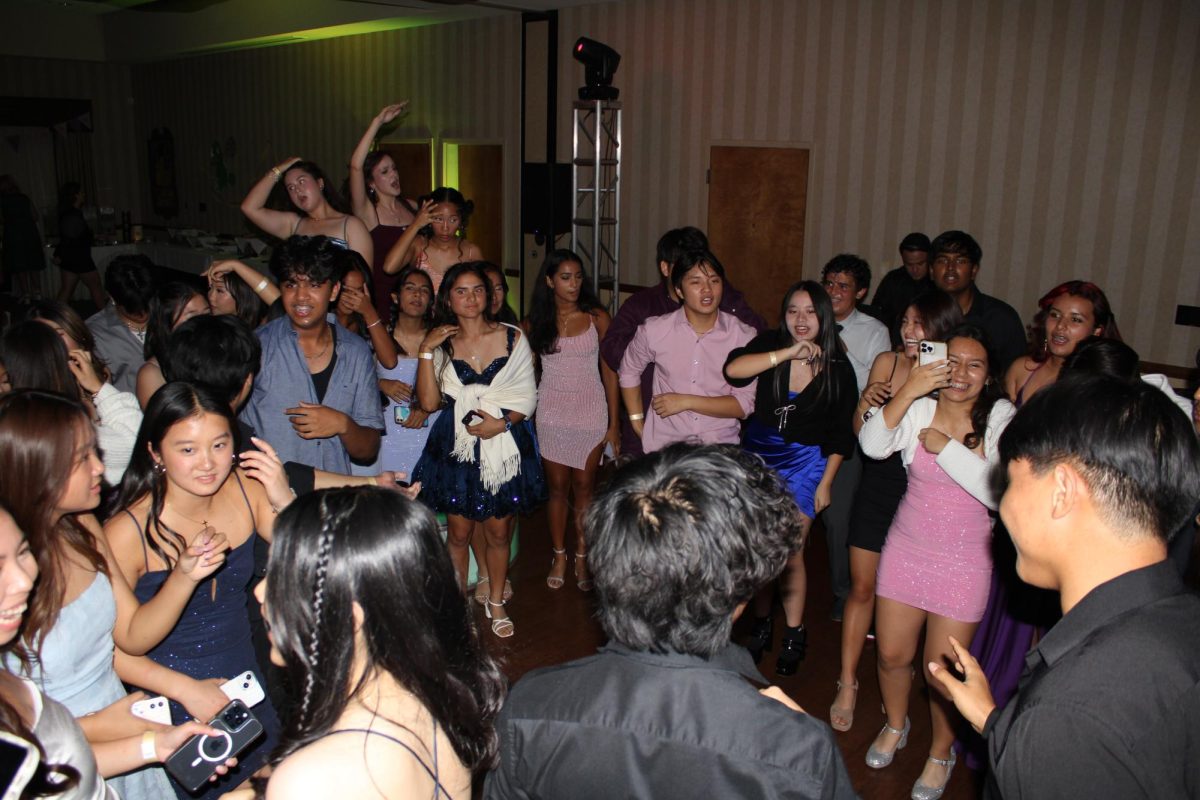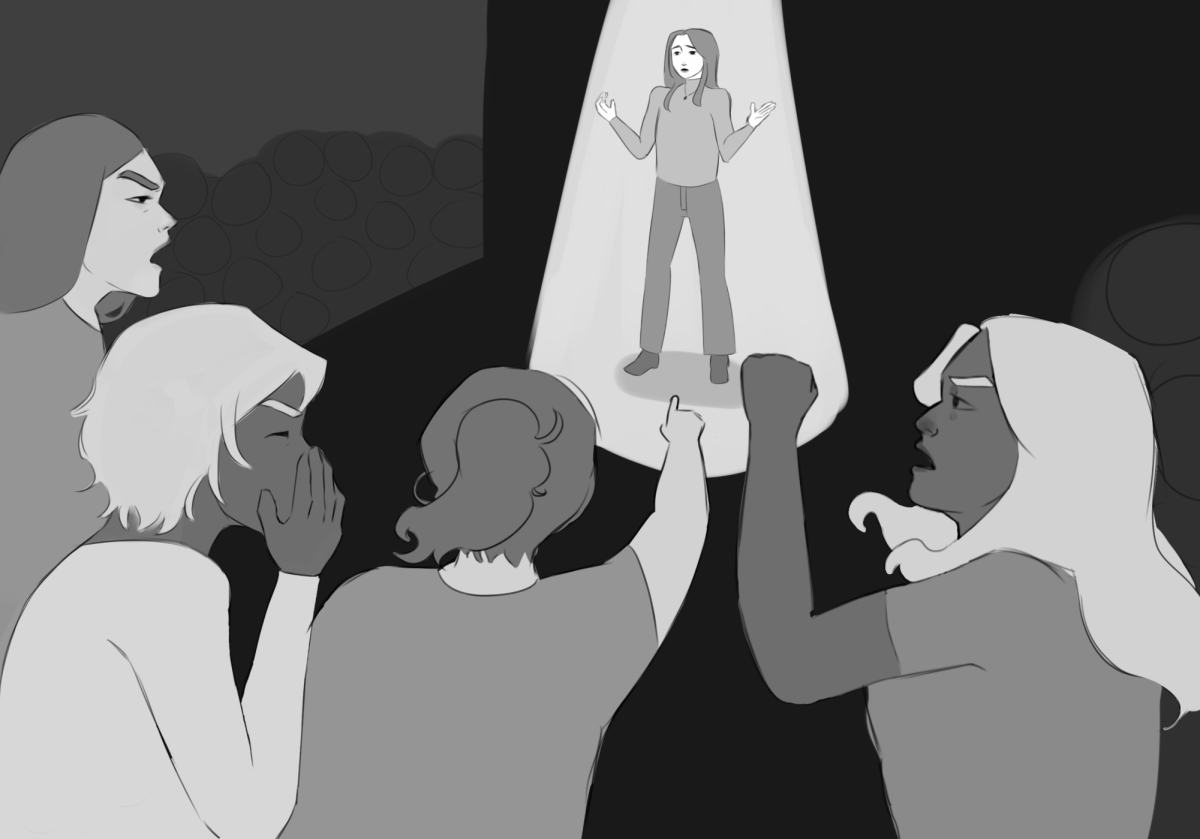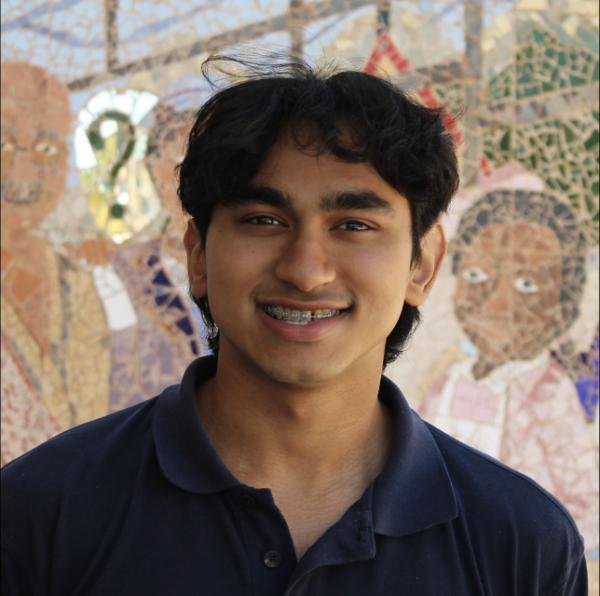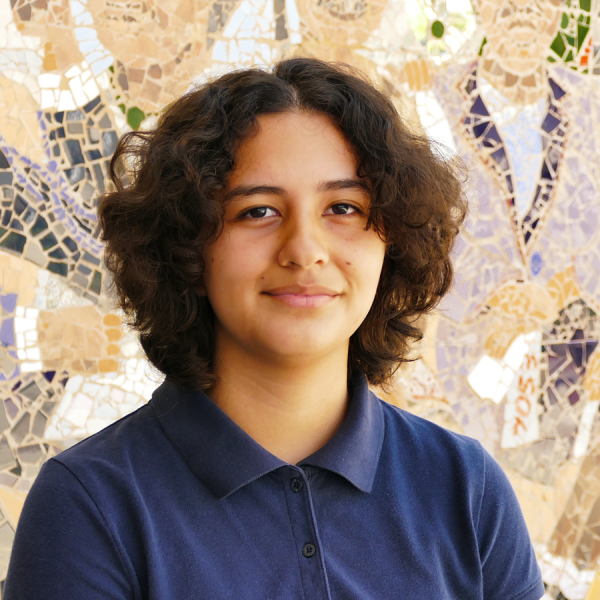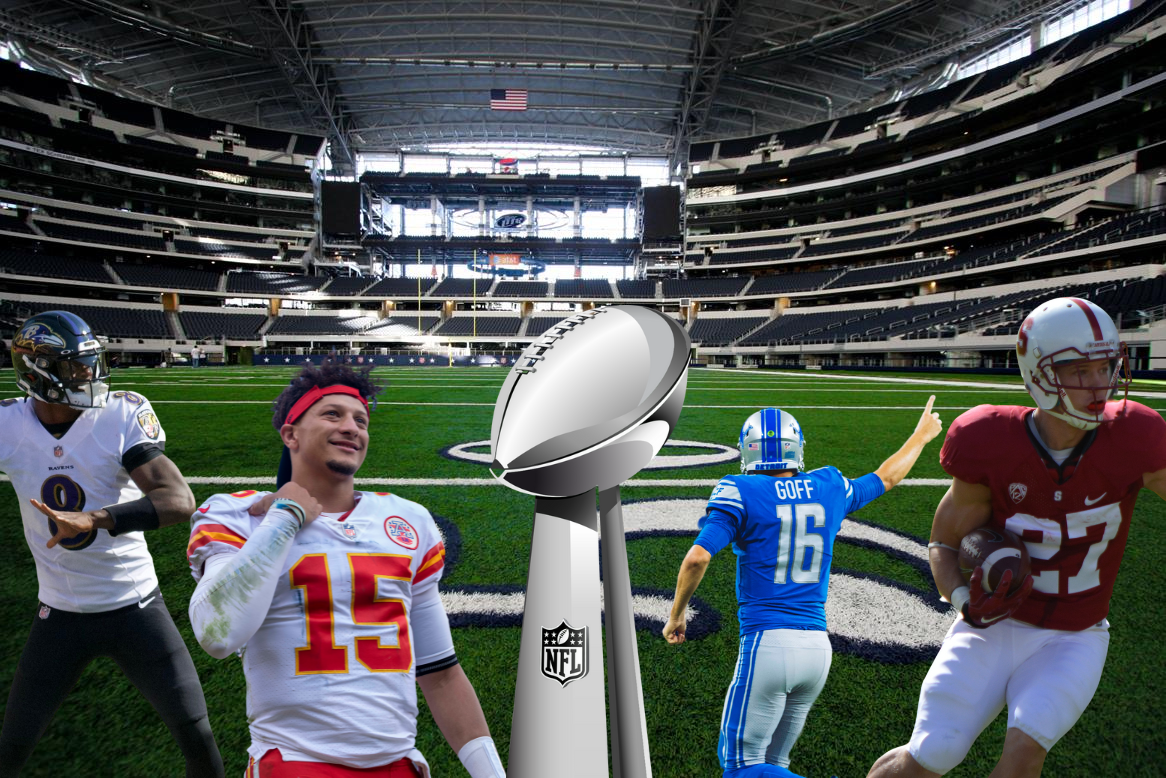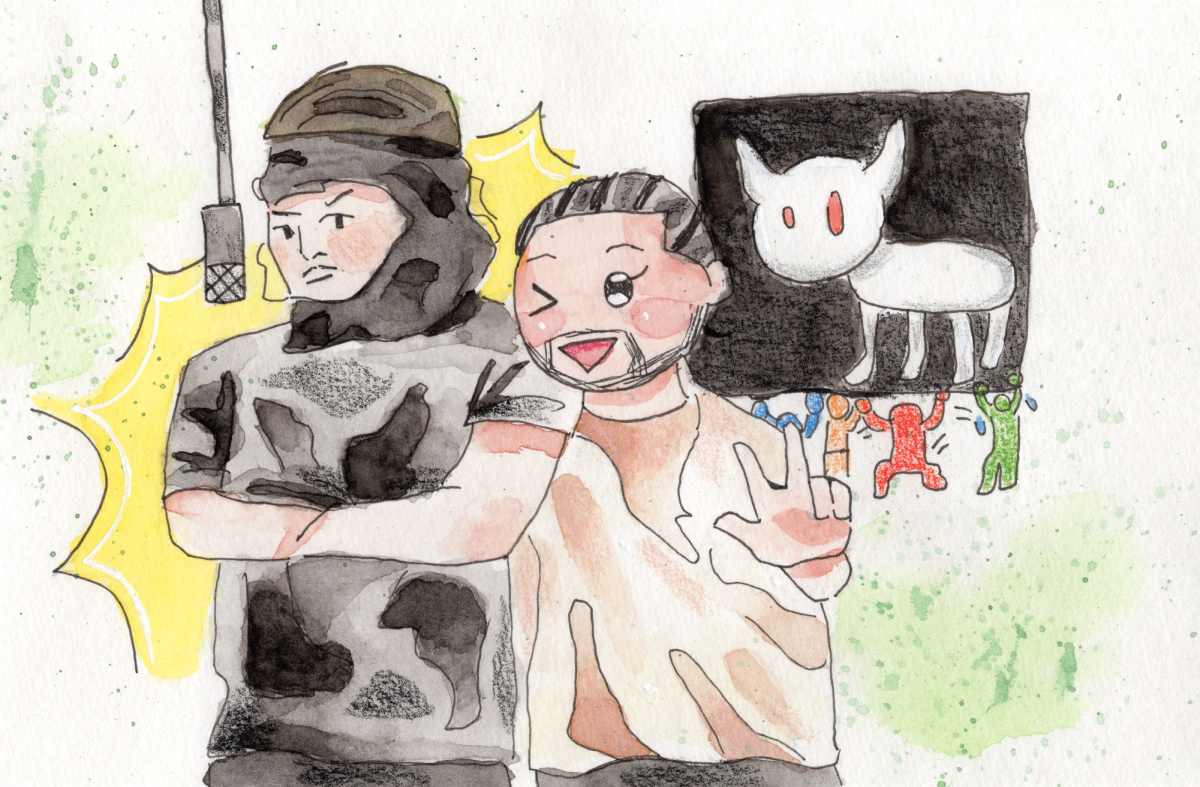Near the end of October, renowned singer Selena Gomez issued an impassioned statement to her millions of followers on Instagram declaring a social media break from the “horror, hate, violence and terror that’s going on in the world.” Happening mere weeks after the terrorist attacks on Israel and bombings on the Gaza Strip, fans of Gomez took her statement as a neutral stance on the conflict and major backlash ensued as both sides criticized her for either letting a genocide happen or siding with terrorists. This situation opens eyes to the toxic societal pressures faced by celebrities, which popularizes “fake” activism in a world of real issues.
Either through threatening or guilt-tripping, internet culture has pressured celebrities to represent sides on issues that don’t relate to them. People are emotionally invested in these issues and tie a celebrity’s moral character to their opinions. When rumors of Marvel actor Chris Pratt being a Trump supporter began spreading on Twitter, for instance, people were quick to assign stereotypical traits to the actor simply because of his alleged political beliefs. In Gomez’s case, her seemingly neutral stance on the Israel-Palestine conflict angered fans because they didn’t know if their favorite celebrity was on the “good” side. Even if celebrities’ platforms careers aren’t remotely related to activism, their silent voice on a hot bedded issue will cause an immense and unnecessary backlash.
Celebrities don’t have a moral imperative to talk about worldwide issues. In fact, this virulent need for constant celebrity approval encourages performative or “fake” activism. In the wake of the Black Lives Matter protests after the death of George Floyd in May of 2021, many celebrities took to social media to show solidarity by posting a simple black square to Instagram. Although it seems like a wholehearted attempt at positive change, posts on a social media platform didn’t foster any significant action — all it did was simply boost that celebrity’s reputation on the web.
At its worst, fake activism can smother meaningful discourse on issues with superficial concern and uninformed help. Also known at “fake allyship,” it serves to absolve white celebrities from actually helping with black issues and makes it about them. Originally the hashtag used to uplift black creators on the web and to provide updates on the suppression of violence in the streets. However, the constant stream of celebrity black out posts misusing the hashtag made it exponentially harder for actual activists to get the information they need. During the peak of the movement, celebrities’ exploitation of the issues of the black community for vanity actively suppressed real activism.
With celebrities needing to rush to take a side on an issue, they inevitably gloss over the facts and propagate misinformation. In the days following Hamas’ attack on Israel, Jamie Lee Curtis and Justin Bieber posted what they thought were pictures of Israeli children looking up at missiles and a destroyed city block respectively. Although these photos were a meager attempt to garner emotional support for the Israeli side, they misrepresented the conflict because they actually showed Gazan children and a Gazan city block being destroyed.
Although Curtis and Bieber’s posts were quickly deleted and public apologies soon followed, the damage was already done. Millions of impressionable fans and supporters had already been influenced and formed misinformed views on the conflict. When brought to scale, this blatant misuse of their social media platform could make or break public opinion on conflicts they don’t understand themselves.
Ultimately, celebrities should strive to not harm public discourse around global conflicts. Instead of mindlessly bandwagoning on the opinions of oblivious celebrities, internet users must take the responsibility to learn about issues themselves.





































